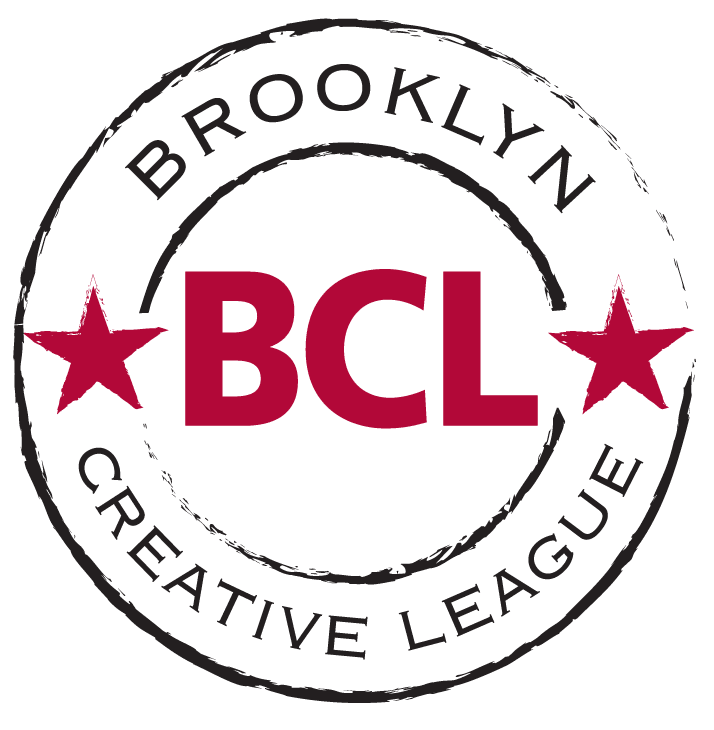
Better Than Coffee: Tea
May is Spring Into Fitness Month here at BCL! We are major proponents of the work/life balance and believe that a healthier you leads to being more focused and more productive in the workplace. We all know that coffee isn’t great for you, but every day around 2 PM we find ourselves reaching for that pot to get through our afternoon slump. All this month, we’ll be posting healthy alternatives to your 2 PM coffee pick-me-up. Why don’t you give this a try?

Tea
by Jenni Walkowiak
I’ve done quite a bit of research for this project. First of all, I love coffee. I adore coffee. I drink coffee every day. I used to work in coffee shops. In my heyday I could drink caffeinated coffee all day long and still get a full nights sleep. But lately, I’ve become much more sensitive to the effects of caffeine. Too much makes me shake, my heart beats faster, I feel nervous and if I drink a cup past early afternoon, I’m up all night. I haven’t yet mentioned the hard crash I feel after the coffee buzz wears off. Finding alternatives to coffee seemed like a fun way to help me cut back on my habit and maybe help out a few others in the process. I’ve tested them all out myself and I find them all to be effective (so far we’ve tried lemon water and laughing!) but this one is slightly more traditional, and may be more appealing to the majority. It’s less…. wacky. And I’ve been able to call back on all my old tea-knowledge that I learned in my years of working at a Tea Café ( I never thought I’d use it again, but here I am!)

Tea is a decent alternative to your mid afternoon slump because it is a hot beverage with caffeine. White tea has approximately 1/8 the amount of caffeine as a cup of coffee, Green Tea has 1/4, Black Tea and Oolong Tea have about 1/2. And if you want to go completely caffeine free, have a cup of herbal tea– which isn’t actually tea at all.
All tea (black, white, green, oolong, etc) is made from the leaves of the same plant, Camellia sinensis. The caffeine, color and flavor of the tea is all determined by how it’s processed. Whether the leaves are wilted or unwilted, whether the leaves are oxidized and how long they’re oxidized for and so on.
Herbal “Tea” is not tea at all because there are no tea leaves in it. All herbal varieties are really just dried herbs, flowers or fruit. They are often referred to as tisanes or herbal infusions to avoid confusion.

All tea is caffeinated, naturally. There’s no way to 100% remove the caffeine from tea and most commercial decaf varieties (aside from herbal) have had their caffeine reduced to insignificant amounts by using a chemical process. If you’d prefer to not drink extra chemicals in your tea, you can reduce the caffeine yourself by brewing your tea once, save the bag but dump the tea, then brew your tea a second time with the already used bag. This will reduce your caffeine by another 1/2.
Tea is super good for you. All tea is loaded with antioxidants, and potential cancer-fighting properties. Not only that but it can help prevent type 1 diabetes, heart disease, liver disease and lung cancer. Studies have shown tea to help people lose weight and has anti-aging properties. Tea contains fluoride, so it’s also good for your teeth. And with so many varieties and flavors of tea out there, I can’t see a reason why everyone shouldn’t be drinking it.

If you’re skipping regular tea in favor of our herbal friends– rooibos in particular is extra special. Made from the African rooibos plant, red “tea” has antibiotic properties. If you’re feeling a little under the weather, some hot rooibos tea with local honey should have you feeling good as new in no time.
Today I challenge you to replace your afternoon coffee with tea and see how you feel!



